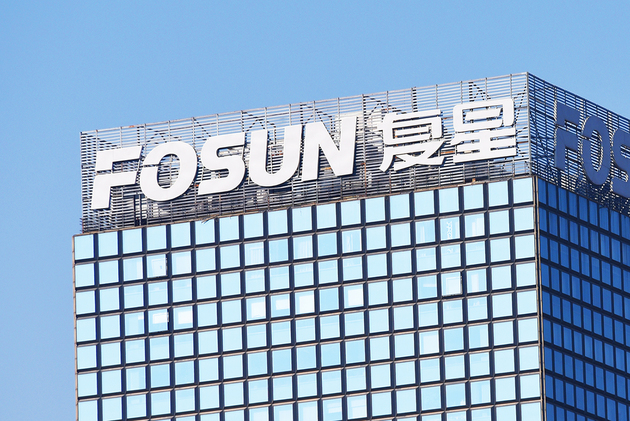
Photo/NBD
Dec. 17 (NBD) – The stock price of Fosun Tourism Group (01992.HK), the Chinese owner of resort chain Club Med, luxury hotel resort Atlantis The Palm and Canadian entertainment company Cirque du Soleil, closed at 14.98 Hong Kong dollars (1.9 U.S. dollars) per share on Friday debut, down 4 percent from its IPO price of 15.6 Hong Kong dollars (2.0 U.S. dollars) per share, which was at the bottom of the IPO price range of 15.6-20 Hong Kong dollars (2.0-2.6 U.S. dollars) per share.
An industry insider observed that the dip of Fosun Tourism's stock price should be attributed to the unfavorable market environment and investors' doubt about the company's profitability.
Yan Yuejin, research director of the E-house China R&D Institute, told NBD that the payback period for cultural and tourism projects is relatively long and the price of cultural and tourism stocks will be hugely affected if the companies' profitability is deemed to be low after debut, and attention should be paid to the capital-related pressure of Fosun Tourism in the future.
But the company is rich in medicine and business resources which are able to stimulate the development of cultural and tourism industry, Yan added.
Data from market research company Frost & Sullivan indicated Fosun Tourism became largest leisure holiday corporation in the world in terms of revenues in 2017. But the company only occupied a market share of 0.8 percent in the global last year.
From 2015 to the first half of 2018, Fosun Tourism remained loss-making. But according to the company, in the first three quarters of 2018, it registered positive profits.
Revenues from Club Med made a major contribution to those of Fosun Tourism. The listed company generated more than 90 percent of the total revenue from resorts from 2015 to the first half of 2018, which arouses the public concern over the company's lack of diverse revenue sources.
Yang Yanfeng, a researcher from the Tourism Research Center of the Chinese Academy of Social Sciences, said to NBD that famous cultural and tourism intellectual properties like Club Med helped Fosun Tourism enter the market and make great achievements, and now the IPO will do a great favor to the expansion of its business and be conducive to integrating its internal cultural and tourism resources.
Fosun Tourism now targets at the huge but segmented holiday tourism market and endeavors to establish a vacation ecosystem for families around the world. Based on its investment plan, the holiday resort operator will focus on the building of new tourist destinations.
But there is also worry that the construction of new projects will impose more pressure on its capital chain.
With regard to the issue, Qian Jiannong, chairman and chief executive officer of Fosun Tourism, noted two of the new projects - Lijiang Project and Taicang Project - cover the real-estate business which can help the company regain the capitals. The real-estate business mainly serves the leisure holiday segment and the company values the diversity of tourism products more than the profits gained through the real-estate business, stressed Qian.
According to Yan Yuejin, the demand for leisure tourism will continue to boom, which requires cultural and tourism firms to seek innovation in business models and improve customer experience. Moreover, proper combination of tourism with real-estate will curb the capital-related pressure of enterprises.
In Yan's opinion, Lijiang and Taicang can bring great opportunities for development but the difficulties will lie in how to stand out from the fierce competition and how to take advantage of the economic resources to serve the tourism industry.
Email: wenqiao@nbd.com.cn


 川公网安备 51019002001991号
川公网安备 51019002001991号





